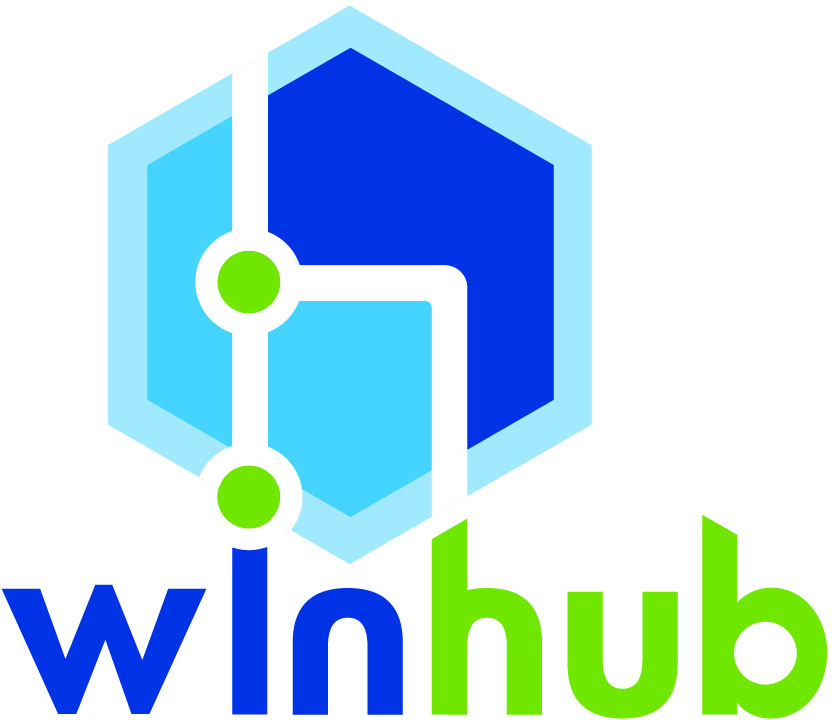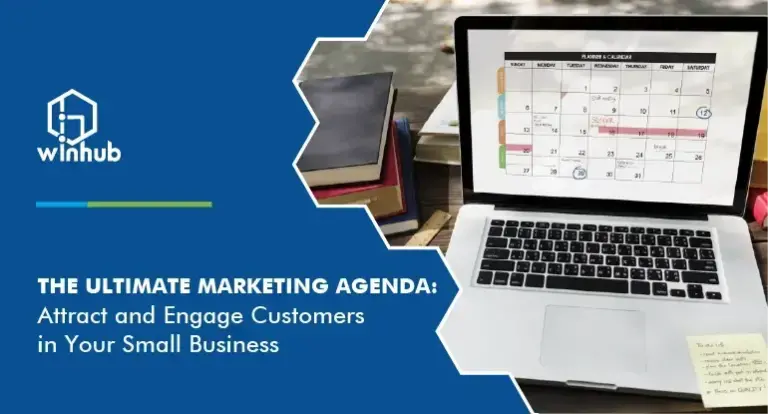Discover how to attract and engage customers with the ultimate marketing agenda for your small business. This comprehensive guide will help you identify your target audience, set clear goals, craft a brand story, leverage content marketing, utilize social media, execute effective email campaigns and embrace influencer partnerships. Additionally, learn to analyze and adjust your strategies for sustained growth and success. Read more to boost your small business presence and thrive in a competitive market!
In the bustling world of small business, establishing a strong presence in the market can be quite a challenge. However, with a well-crafted marketing agenda, you can systematically attract and engage customers, ensuring your business thrives. The agenda serves as a plan to identify your target audience, outline your promotional strategies and track your overall progress.
So, what are we waiting for? Let’s delve into creating the ultimate marketing agenda to transform your small business today!
Understanding Your Audience
The foundation of any effective marketing agenda is a deep understanding of your audience. Knowing who your customers are, what they need and how they behave allows you to tailor your marketing efforts to resonate with them. Start by developing customer personas, which are detailed descriptions of your ideal customers. Include demographics, interests, pain points and buying behaviors.
Conduct market research through surveys, focus groups and social media listening to gather insights about your audience. This information will guide your marketing agenda, ensuring you target the right audience, convey the appropriate message and deliver it at the optimal time.
Setting Clear Goals
Creating a marketing agenda without clear goals is like sailing without a compass—you won’t reach your destination!
Define specific, measurable, achievable, relevant and time-bound (SMART) goals to provide direction for your marketing efforts. These goals could include increasing website traffic, boosting social media engagement or generating more leads.
For example, your marketing agenda might set a goal to increase website traffic by 20% over the next six months. With this goal in mind, you can then outline the strategies and tactics to achieve it, such as search engine optimization (SEO), content marketing and social media advertising.
Crafting Your Brand Story
Your brand story is a critical component of the marketing agenda. It differentiates your small business from competitors and creates an emotional connection with your audience. A compelling brand story communicates your mission, values and the unique experience your business has to offer.
Use your brand story consistently across all marketing channels, from your website and social media profiles to your email newsletters and advertising campaigns. This consistency builds brand recognition and trust, encouraging customers to choose your small business over others time and time again.
Leveraging Content Marketing
Content marketing is a powerful tool in your marketing agenda to attract and engage customers. By creating valuable, relevant and consistent content, you can establish your small business as a trusted authority in the industry. This content could take the form of blog posts, videos, infographics, podcasts and much more!
Develop a calendar to plan and schedule your content in advance. This ensures you regularly publish new material, keeping your audience engaged and informed. Additionally, optimize your content for search engines to increase its visibility and attract more organic traffic.
Utilizing Social Media
Social media platforms are crucial in your marketing agenda, as digital marketing is an essential part of small business growth. They offer a direct line of communication with your audience, allowing you to build relationships, provide customer support and promote your products or services. Identify which platforms your audience frequents and focus your efforts there.
Create a social media strategy that includes regular posting, engaging with followers and leveraging paid advertising if possible. Use a mix of content types, such as images, videos and live streams, to keep your audience interested and engaged.
Track your social media metrics to see what works and adjust your strategy accordingly over time.
Email Marketing Campaigns
Email marketing is a cost-effective way to maintain relationships with your customers and keep them informed about your business. As part of your marketing agenda, build an email list by offering valuable incentives such as discounts, exclusive content or free resources.
Segment your email list to send personalized messages tailored to different customer groups and demographics. This increases the relevance of your emails, leading to higher open rates and conversions. Regularly analyze your email campaign performance to identify areas for improvement and optimize your strategy.
Embracing Influencer Partnerships
Influencer marketing can significantly boost your marketing agenda by expanding your reach and building credibility. Partner with influencers who align with your brand values and have a genuine connection with your target audience. These influencers can help promote your products or services through authentic endorsements.
When selecting influencers, consider their engagement rates, the quality of their content and their audience demographics. Collaborate on creative campaigns that showcase your offerings in a way that resonates with their followers.
Track the results to measure the impact of your influencer partnerships on your marketing goals.
Analyzing and Adjusting Your Strategy
No marketing agenda is complete without regular analysis and adjustments. Use analytics tools to track the performance of your marketing efforts across different channels. Monitor key metrics such as website traffic, conversion rates, social media engagement and email open rates.
Regularly review your progress towards your marketing goals and identify what’s working and what’s not. Be prepared to pivot your strategy based on these insights, experimenting with new tactics and refining your approach. A flexible and adaptive agenda ensures you stay ahead of the competition and continuously improve your results.
Creating the ultimate marketing agenda for your small business is no easy task, but the rewards certainly outweigh the difficulties. By following these steps, you can attract and engage customers effectively, driving your business towards sustained growth and success.
Remember, a well-executed marketing agenda is not a one-time effort but an ongoing process of refinement and improvement. Stay committed, be creative and watch your small business thrive, no matter how competitive the industry is!
Need help getting started? Contact WinHub here!



